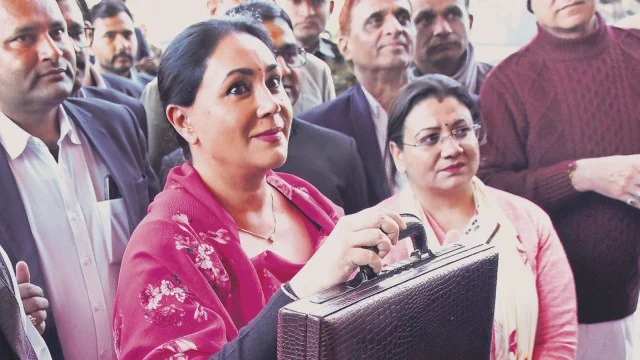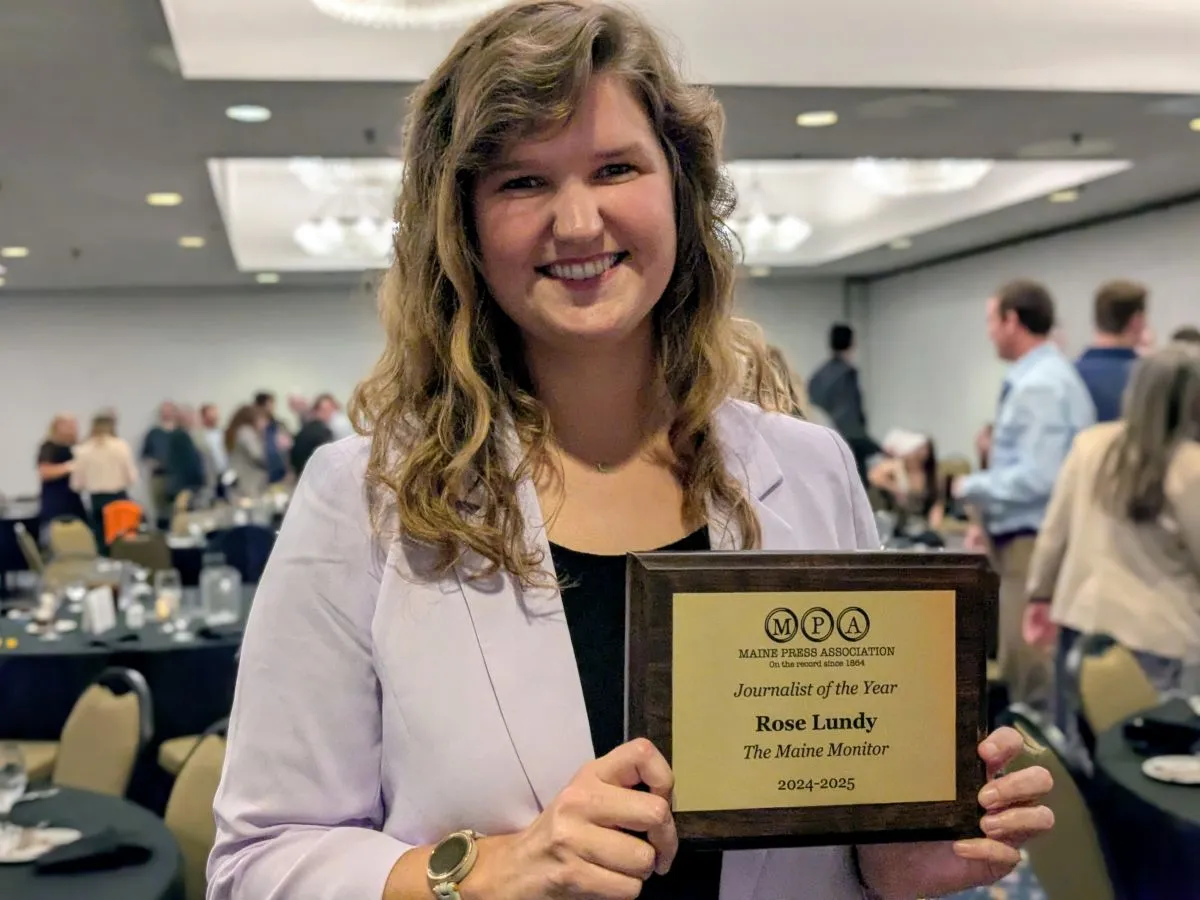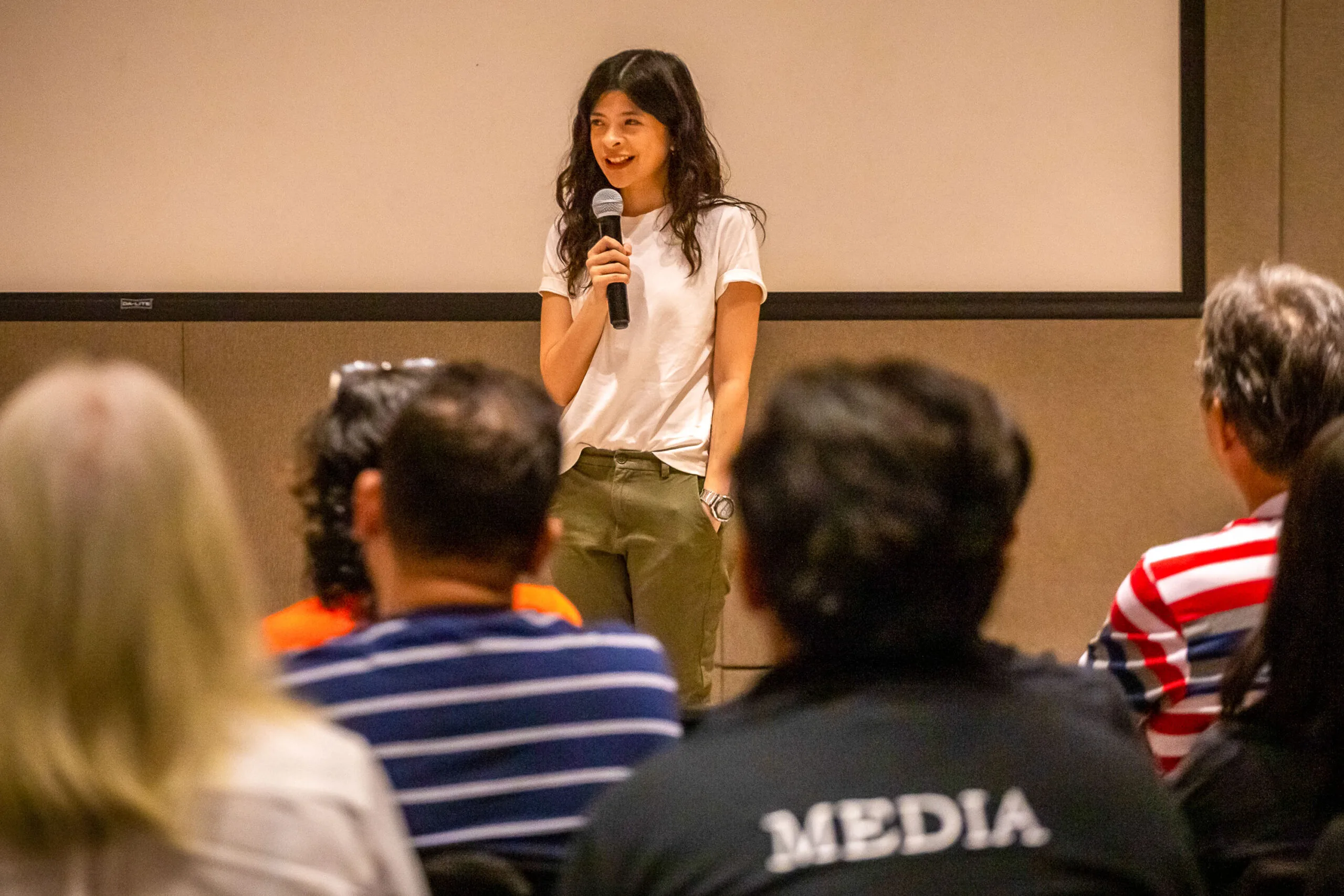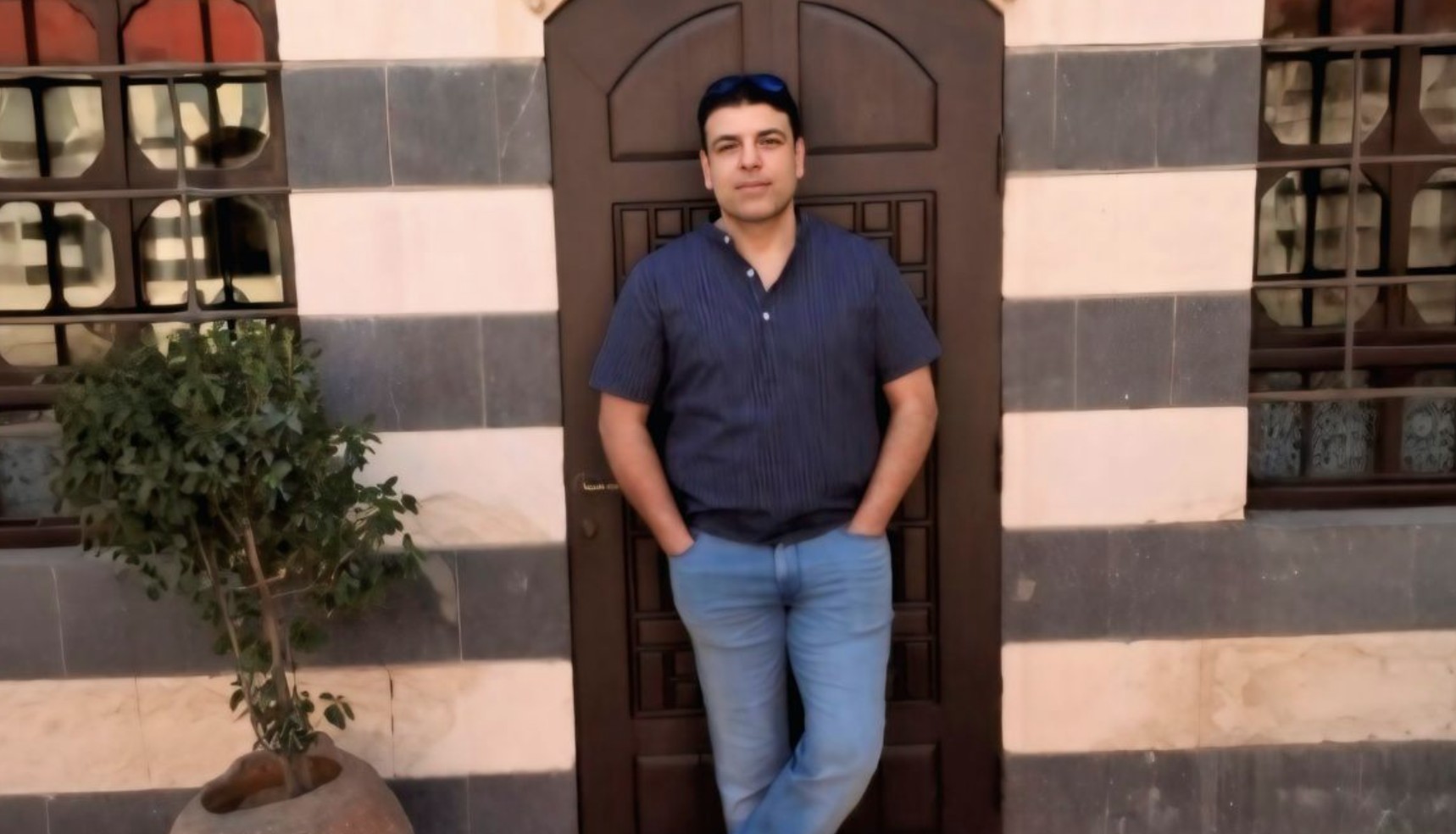
Two Journalists Detained After Reporting on Rajasthan Deputy CM Diya Kumari
October 18, 2025
Rose Lundy Named Journalist of the Year at Maine Press Association Awards
October 19, 2025October 19, 2025 – Palestine/Philippines –
Filipino journalist Patricia Evangelista delivered a powerful plea at the Frankfurt Book Fair on 19 October 2025, where she spotlighted the escalating loss of press lives in the Gaza conflict and the global silence that too often follows. She used the literary stage to declare: “If my words reach you, know that Israel has succeeded in killing me and silencing my voice.”
Evangelista emphasized that 240 journalists have died in Gaza since hostilities intensified, reflecting a staggering rate of fatalities among media professionals. She condemned not only the physical attacks on media workers, but also the erosion of accountability that turns each death from a tragic incident into a broader symbol of impunity. She argued that every lost journalist represents not just an individual life, but a silenced story, a missing witness, and an incremental weakening of public access to truth.
In her address at the fair, she contrasted the literary world’s celebration of words with the brutal reality faced by frontline journalists: “Dead journalists tell no stories,” she stated, challenging the audience to recognize the role that storytelling—and the right to tell the story—plays in preserving collective memory.
Evangelista also highlighted her own role as a “trauma journalist,” explaining that reporting from conflict zones does not just mean documenting violence, but embodying the aftermath. At the Frankfurt event, she placed the situation in Gaza within the larger global decline in media safety and journalist protection, and appealed to the international cultural community to refuse to treat such killings as “collateral.” Instead, she urged a re-ordering of perspective: every attack on the press is a wound to democracy and to the capacity of societies to hold power to account.
Her speech resonated with many in the audience and sparked dialogue among publishers, editors, and writers about the responsibility of the literary and journalistic communities. It served as a bridge between the fair’s cultural mission and a pressing humanitarian crisis, insisting that writers and readers alike engage with the reality behind the headlines.
Reference –




